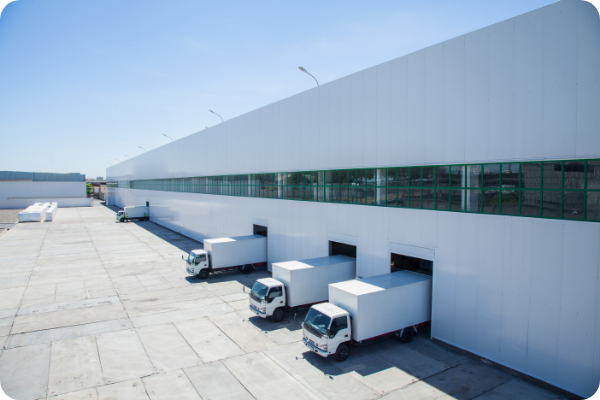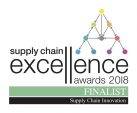A key factor for minimising costs and maximising operational effectiveness in the current and future economic climate is an effective Logistics, Warehouse and Inventory Management strategy.
Many companies, regardless of industry sector, have survived the recession to date through drastic cost cutting exercises frequently having reduced the workforce and either closing or “mothballing” manufacturing and production facilities. This strategy is often borne out of necessity and has the immediate short term benefit in terms of cost reduction and this raises two further questions; “What else can you do to improve your cost base?” and with evidence in some sectors that the worst is behind us, “How should you be planning not only to recover but also to grow and become stronger than you were before the economic downturn?”.
That is not to say that the recession is over, nor will there suddenly be a sharp rise in demand, but planning how to react to economic recovery and capitalise on every opportunity as and when it arises is crucial. Where measures have been taken to rationalise and contract to combat recession, businesses need to be sure that they can react to the inevitable upturn in trade as and when needed and not be found wanting or lacking in resource and strategy when the time comes.
Long term security will be highly dependent on a robust and sustainable Logistics and Warehouse strategy within your business and within that of your customers and suppliers throughout the supply chain. In order to survive, companies must endeavour to undertake the widest review possible to ensure that all elements of their warehouse processes and facilities are not ‘sub-optimised’ and that inventory levels are minimised yet remain effective.
This requires analysis and developed solutions for:
- Appropriate Warehouse and Inventory management techniques
- Optimised target inventories (holding cost vs. ordering cost vs. service)
- Tactical stock location/s and picking / stowage strategies
- Dynamic inventory targets reflecting varying demand patterns
- Safety stock requirements to meet specified service targets
- Improved demand forecasting to allow for optimised inventories
- Benefits analysis of Vendor Managed Inventory (VMI) or consignment stocks
- Optimised warehouse / stores layout and Materials Handling practices / solutions
Most importantly the costs of current warehouse and inventory operations (per item or unit load despatched), must be clearly identified and the on-going cost reduction strategy must define requirements for flexibility in the business over the next 3 to 5 years.
The strategy must be tested to ensure Interface / interaction between Warehousing and despatch and other operations / departments within the business as well as integration with existing ERP / MRP systems and WMS modules.
Gideon Hillman Consulting have an established and proven methodology for Warehouse and Inventory optimisation strategy development and implementation regardless of the size of the operation, demonstrated by the variety of clients which include major PLCs and SMEs across all major industry sectors.
This process is kept simple and comprises of the following key steps which include within them all of the areas identified above:
- Current State Logistics Review for your business focusing on your warehouse and inventory costs; product volumes; your production / warehouse locations; customer base; your suppliers and distribution networks.
- Future State Strategy proposal showing what your costs could be and identifying how to optimise your resources and strategy to reach the reduced costs.
Road Map for Strategy Implementation – to identify how to implement the changes required for the successful delivery of the Future State strategy














